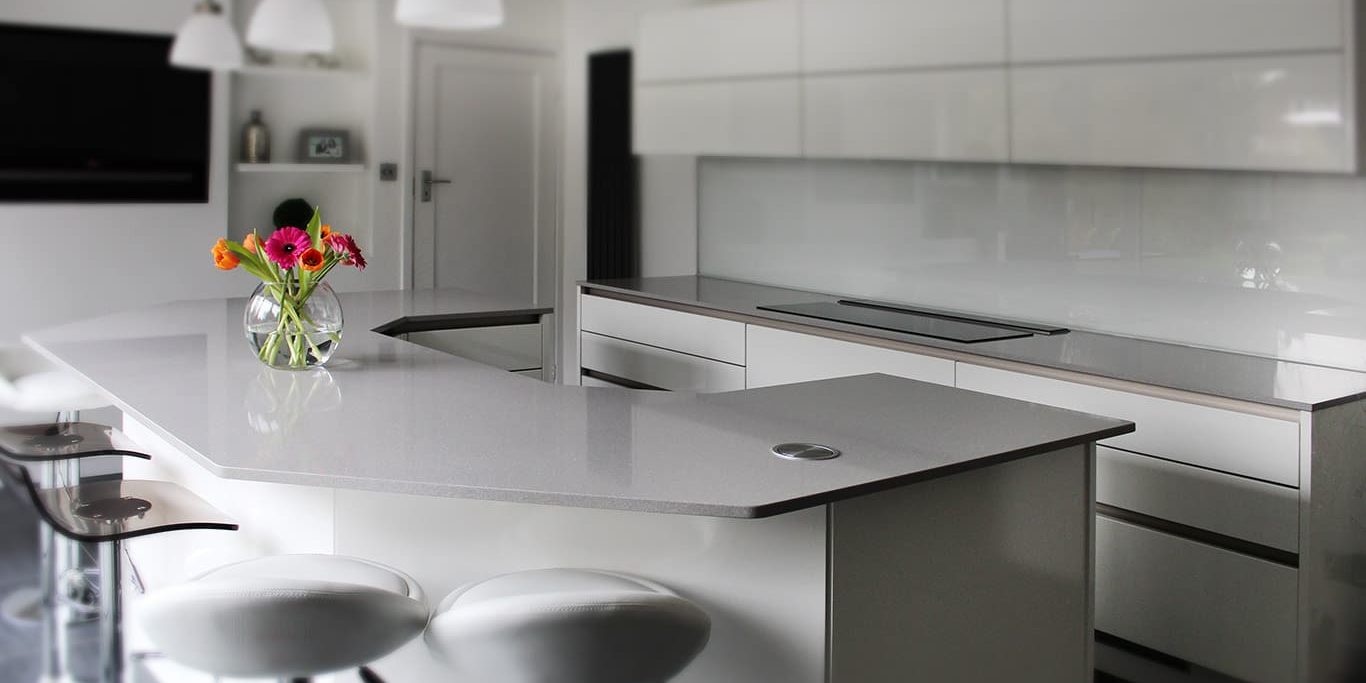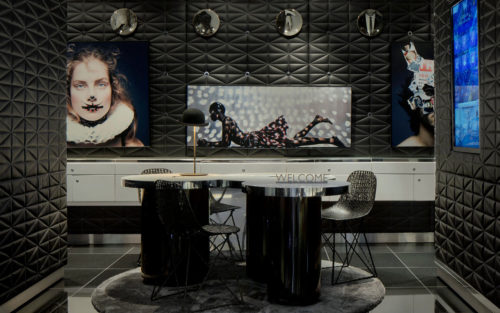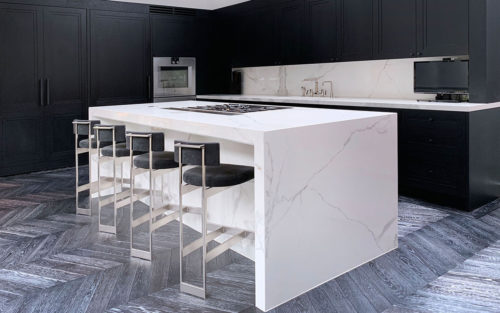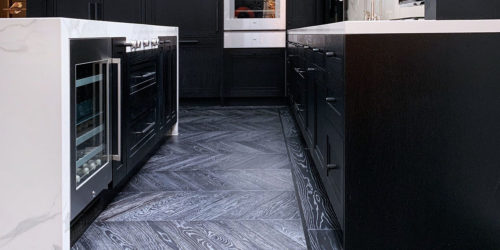When you are refurbishing your kitchen, one of the most important considerations is the worktops. After all, they are a prominent feature and they have to withstand a fair amount of punishment, so you need something which can deal with that and look great at the same time.
This is why so many people today are choosing natural stone for their worktops, and there are several choices, such as marble, granite, limestone, quartzite, and so on. Granite is actually a very popular choice, and we install many granite worktops here at Marble & Granite. If granite worktops in Romford are on your list, let’s consider the pros and cons.
First, from an environmental point of view, are granite worktops good for the environment? The fact is that granite is a natural stone that forms over thousands of years. The stone industry has tried very hard in recent years to adopt responsible quarrying and production practices and the fact is that although a granite worktop can last a lifetime, it is still a renewable resource. In addition, granite contains no harmful chemicals and doesn’t emit any radiation or gasses, so it is safe to say that granite worktops are “green”.
Granite is an extremely hard rock, with a score on the Moh’s scale of hardness of 7. This gives it great scratch resistance. While you can chop or cut foods on granite, it is not recommended because you will dull the knife blade. You could also leave behind a metal residue which could be hard to remove. So, you should always use a chopping board.
Because it is so hard, granite is also heat resistant. This means that technically you can place hot pans on it, and it won’t melt or blister. However, If you have a pan which emits heat for a long time, such as a crockpot, and it heats one area of the worktop and not the whole slab, it is possible that it could crack. For this reason, it is recommended that you always use a trivet. In respect of both cutting on it, and heat, although neither is likely to do any damage, the recommendations for granite are the same as for any other stone worktop.
Granite, along with other stones, is porous and this means that in most cases it will require a sealer in order to prevent stains when spills occur. The darker coloured granites are the least porous, and in some cases may not even require a sealer, while lighter coloured ones are more porous. Nonetheless, it is advised to use a sealer on all granites. You can get sealers today which will last for ten years or more and they don’t cost a lot and it doesn’t take much time to seal them. You simply wipe the product on and then wipe off any excess. It is also a good idea to find out which sealer the installer has used initially and then use the same one when you need to apply another coat. In order to ascertain whether the worktop needs re-sealing, just put a drop of water on an area which has most use, such as around the sink. If it soaks in, the worktop needs re=sealing.
In an average kitchen, you will need more than one slab of granite and this means that there will have to be a seam or seams. However, we can mix a custom epoxy resin which will fill the seams and, in most cases, make them all but invisible.
It is quite rare for a granite worktop to suffer a chip or crack, but it can happen. The most common place for chips is around undermounted sinks, so you need to take care if you use heavy cast iron pans when placing them in the sink. If a crack does occur, in most cases we can repair it with an epoxy of the same colour.
Granite worktops are available in a wide choice of colours and patterns, although there are no really bright colours. There are also waves and veining in many slabs, so the best idea is to come into our showroom in Hatfield and look through the slabs that we hold in stock. That way, you can choose the exact pattern that fits with your décor.




